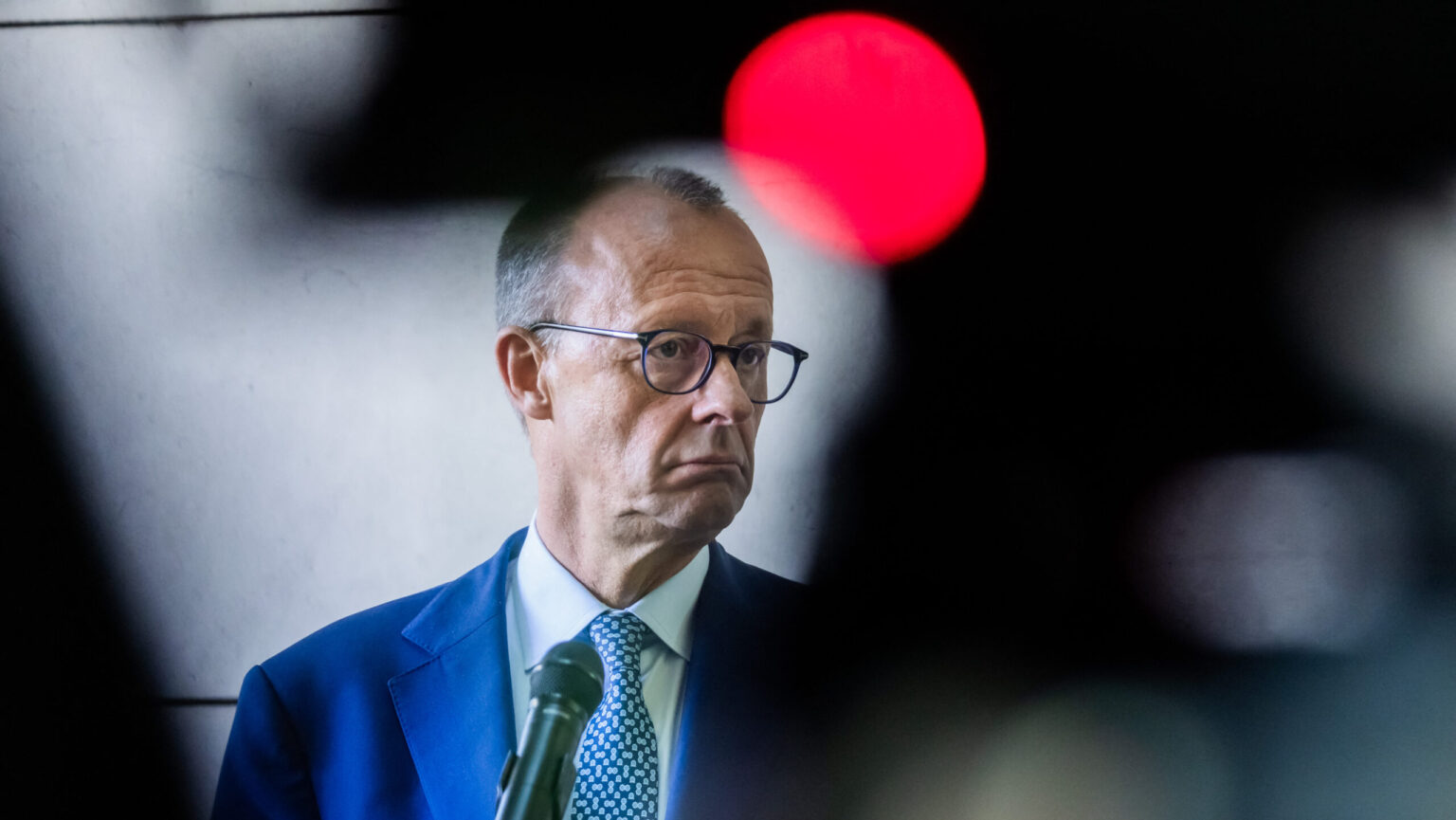
‘To speak the obvious about demographic transformation, public safety, or cultural integration is to provoke a moral tempest that sweeps aside all debate and casts every doubt into the abyss of social damnation. This is not mere rhetorical excess. It is the lived reality of German public discourse in 2025, where statistical facts about migration are treated as heresy…’
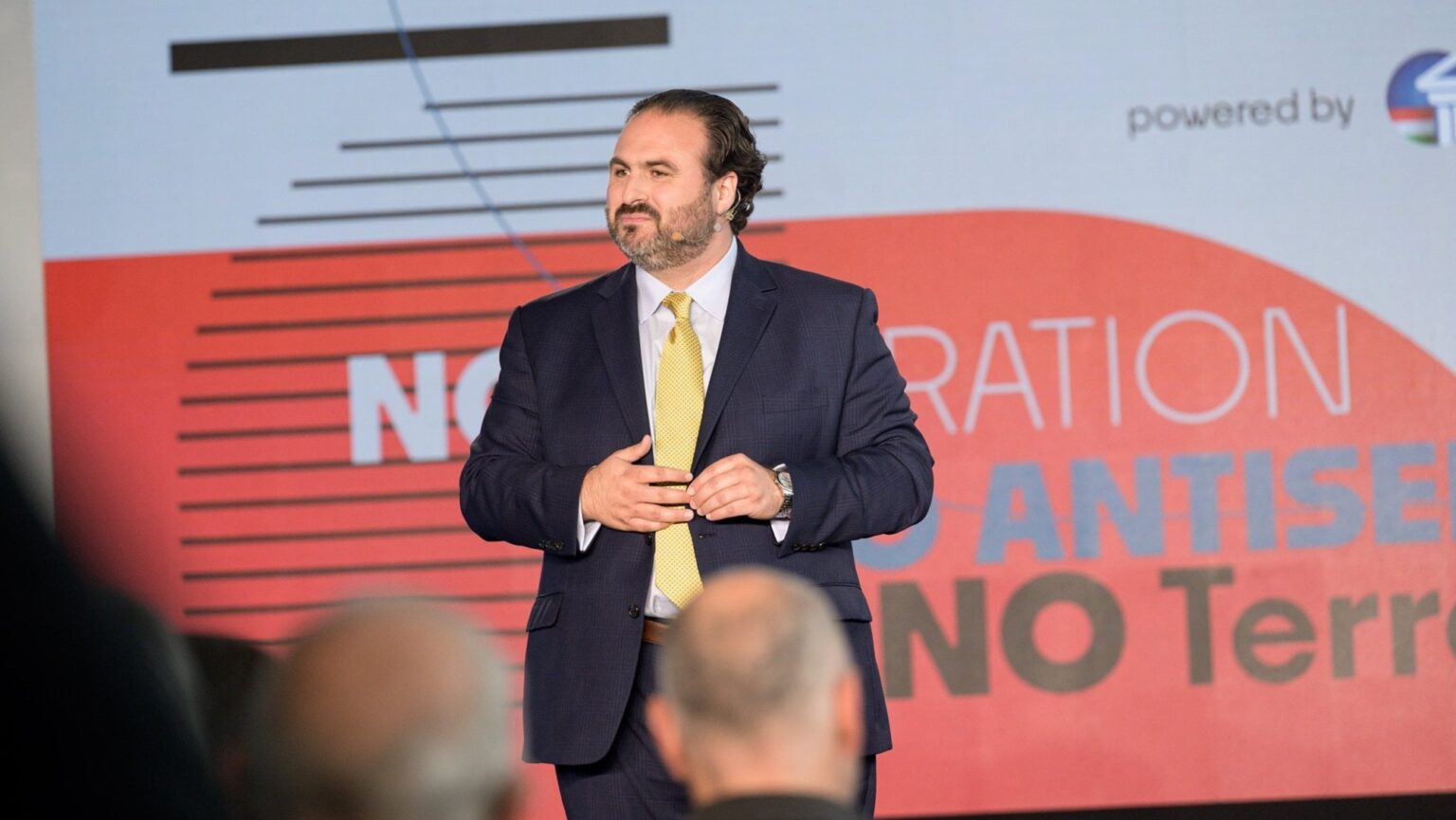
At the International Pro-Israel Summit in Budapest this week, Bryan Leib described Hungary as ‘the beating heart of common sense in Europe’ for being one of the few countries to implement strict border control and stand up to the Islamization of the Old Continent.
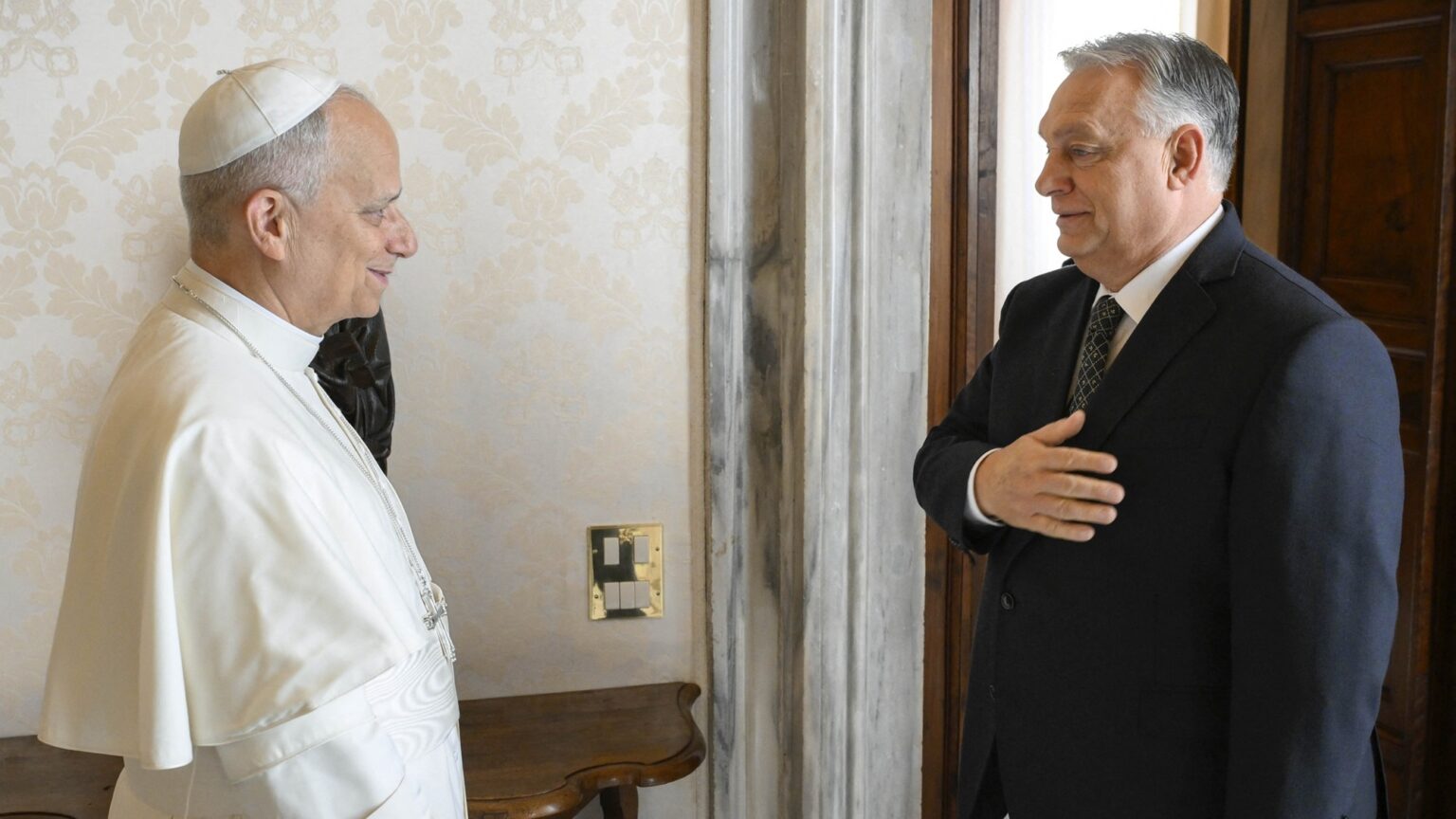
Hungarian PM Viktor Orbán met Pope Leo XIV at the Vatican on 27 October, marking their first in-person meeting. They discussed Hungary–Vatican cooperation on peace efforts in Ukraine, the Church’s role in social development, and broader international issues, including the Middle East and Europe.

A proposal to rename Budapest’s Bajza Street metro station after late Russian opposition leader Alexei Navalny failed in the City Assembly’s Transport Committee on Monday. The motion, submitted by Ferencváros Mayor Krisztina Baranyi, sought to rename the stop ‘Bajza Street–Navalny Memorial’ in front of the Russian embassy.
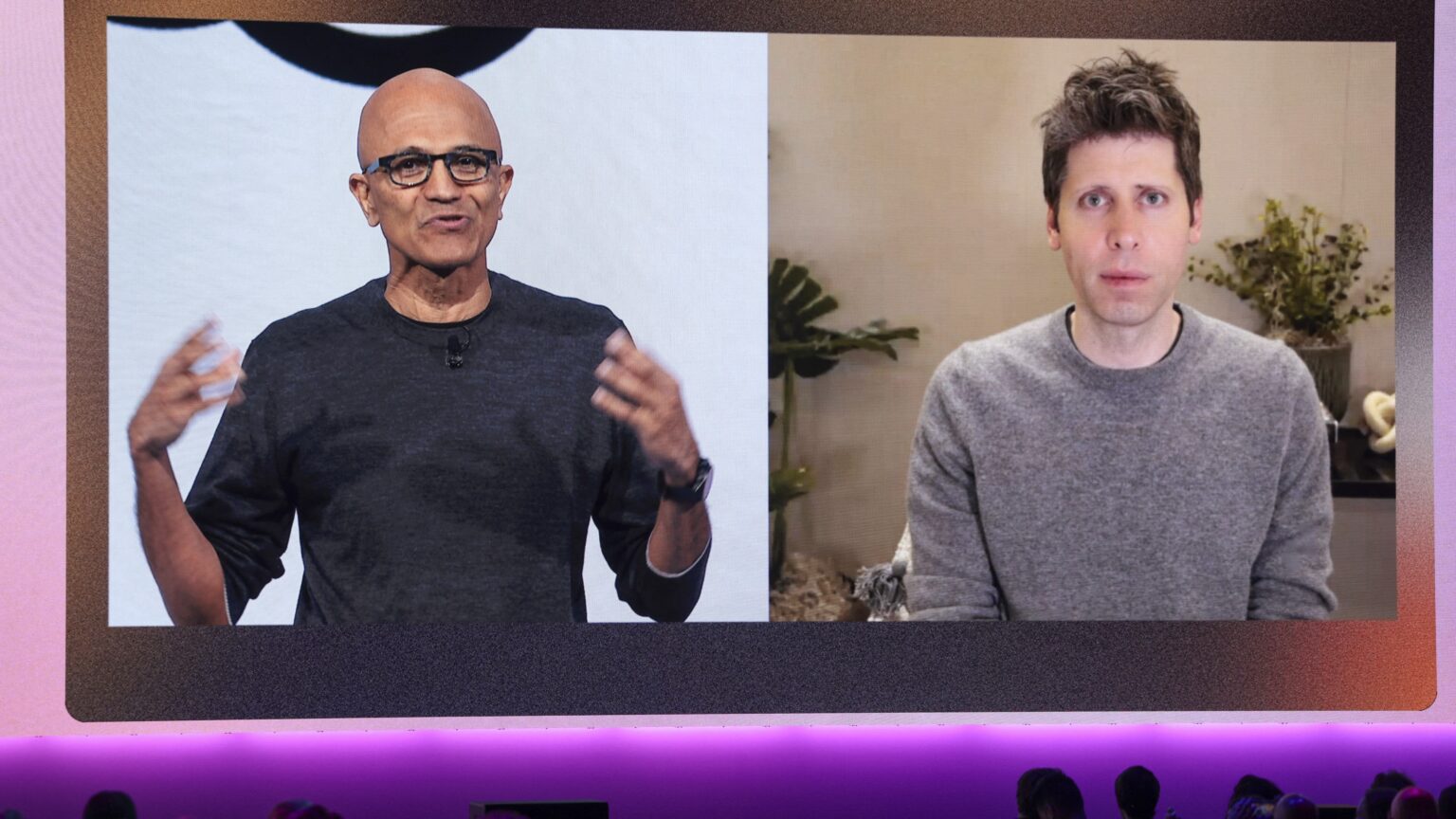
Microsoft has acquired a 27 per cent stake in OpenAI under a newly finalized partnership deal, valuing the ChatGPT developer at 135 billion dollars. The agreement redefines their collaboration and could pave the way for OpenAI’s future public listing.
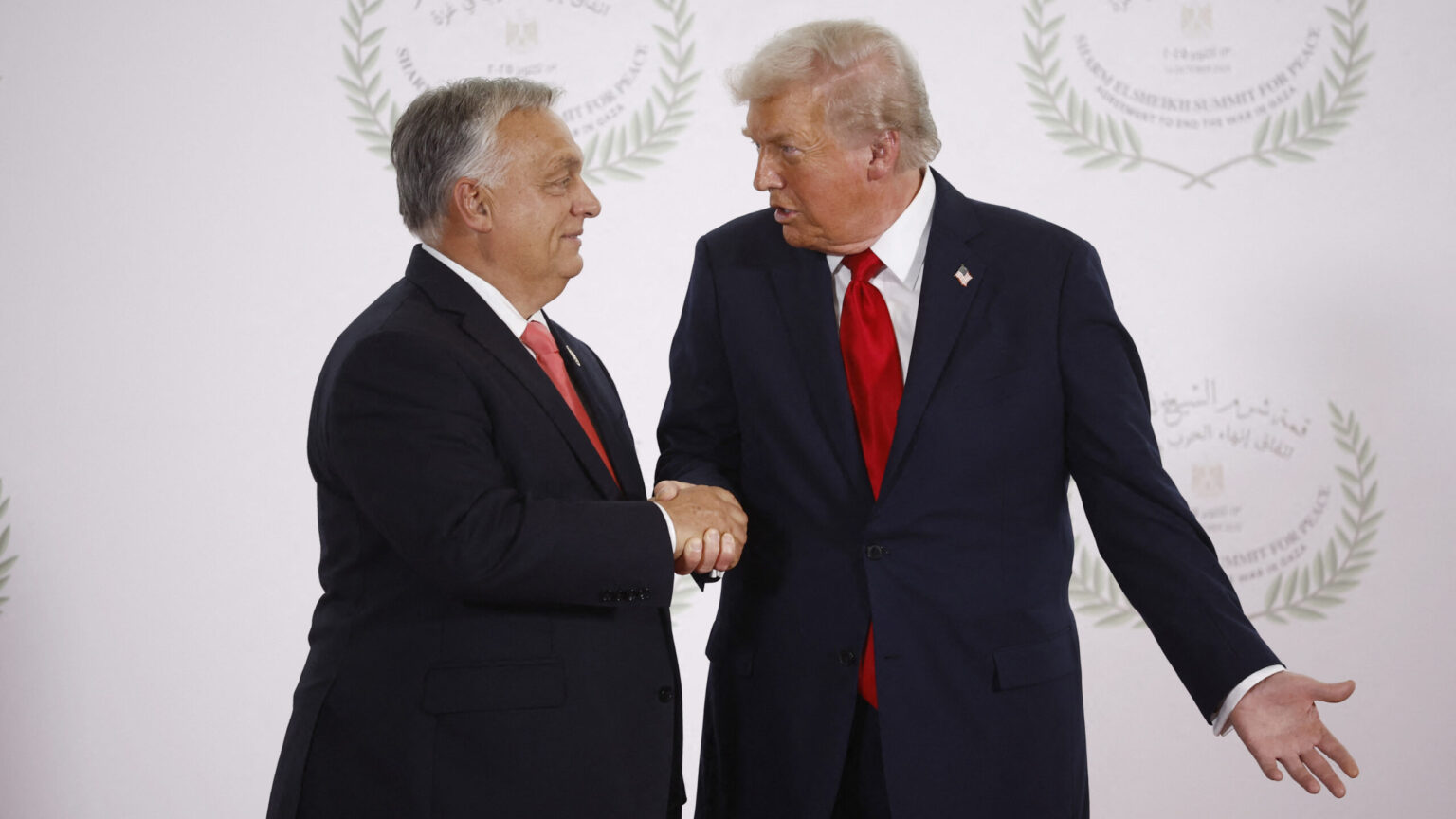
‘Leftist media outlets lie. They lie all the time. The problem for our friend Tommaso here is that the La Repubblica meeting—which was conducted in English—was recorded on video and later uploaded online by Hungarian parliamentarian Balázs Orbán.’
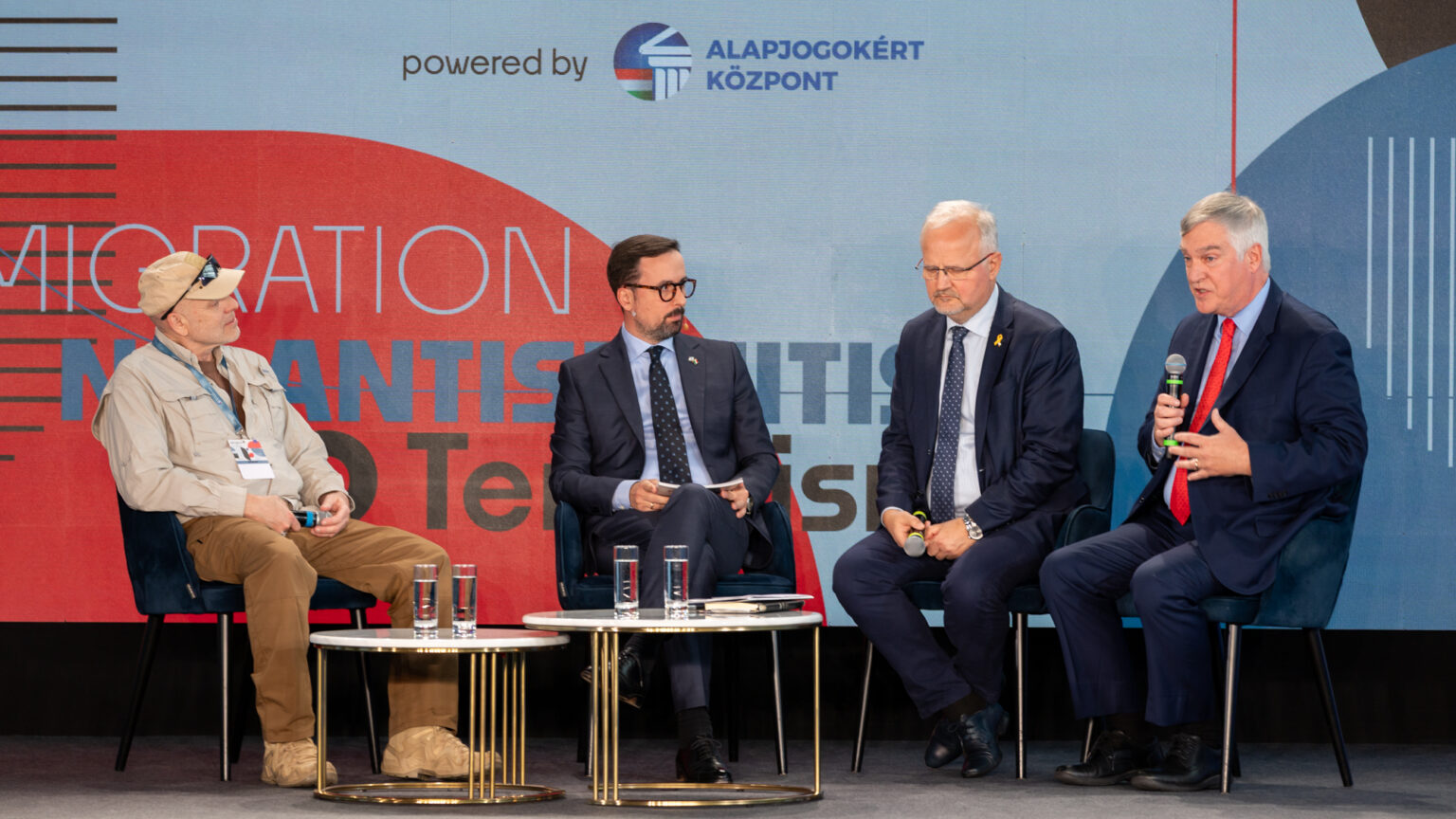
To fight terrorism, illegal immigration, and antisemitism, we need a strong Israel, a strong United States, and a strong Hungary—this was the key message at the panel discussion of the third International Pro-Israel Summit. It was also revealed that Budapest has become Jerusalem’s number one ally in Europe.
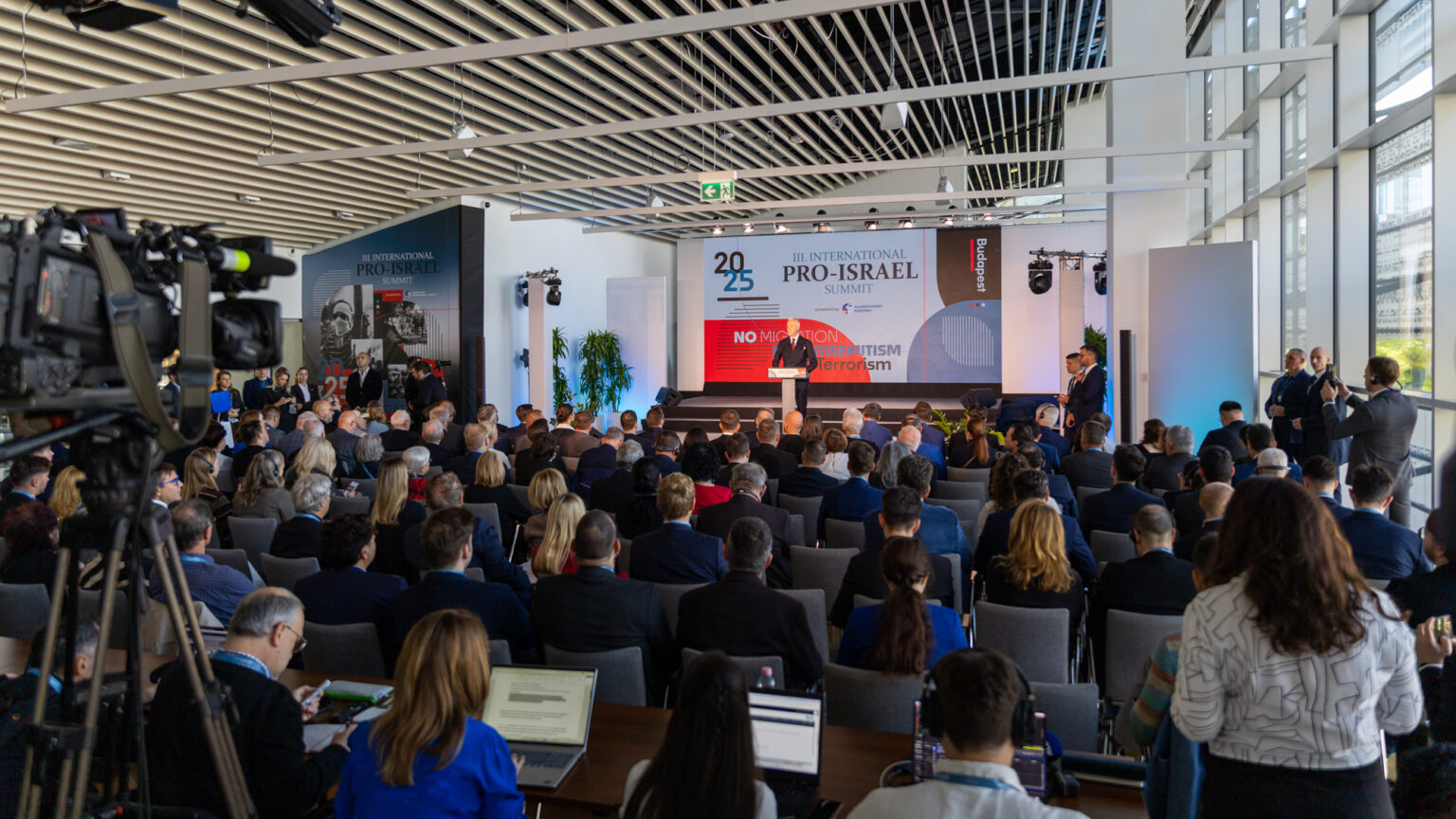
The Center for Fundamental Rights held its third International Pro-Israel Summit in Budapest. While the first event in 2023 followed the 7 October Hamas attacks, this year’s took place a few weeks after President Trump’s Israel–Hamas peace deal. Speakers included Hungary’s Defence Minister Kristóf Szalay-Bobrovniczky, Israel’s Education Minister Yoav Kisch, and Yair Netanyahu.

‘Tory MPs seem to fluctuate between a state of aporia and a state of delusion.’

A small aircraft carrying Hungarian tourists crashed on Tuesday morning off the coast of Kenya in Kwale County, killing all 11 on board. Authorities confirmed that eight Hungarian citizens, including two minors, were among the victims.
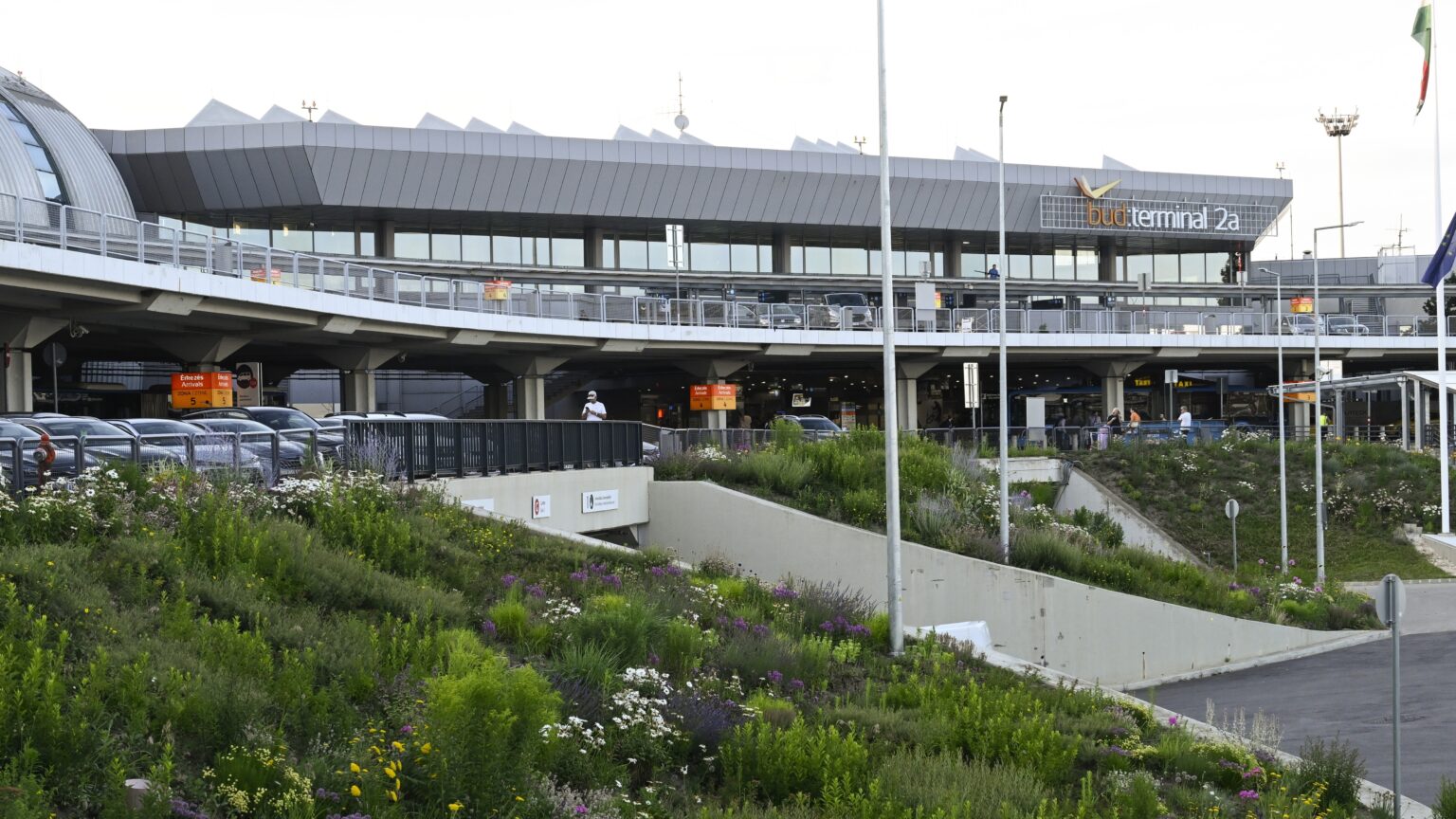
By 2028, a new six-lane road will connect Budapest and Liszt Ferenc International Airport, followed by a new railway line and a third terminal by 2035—part of a 2.5 billion euro development to turn the airport into a leading regional hub.
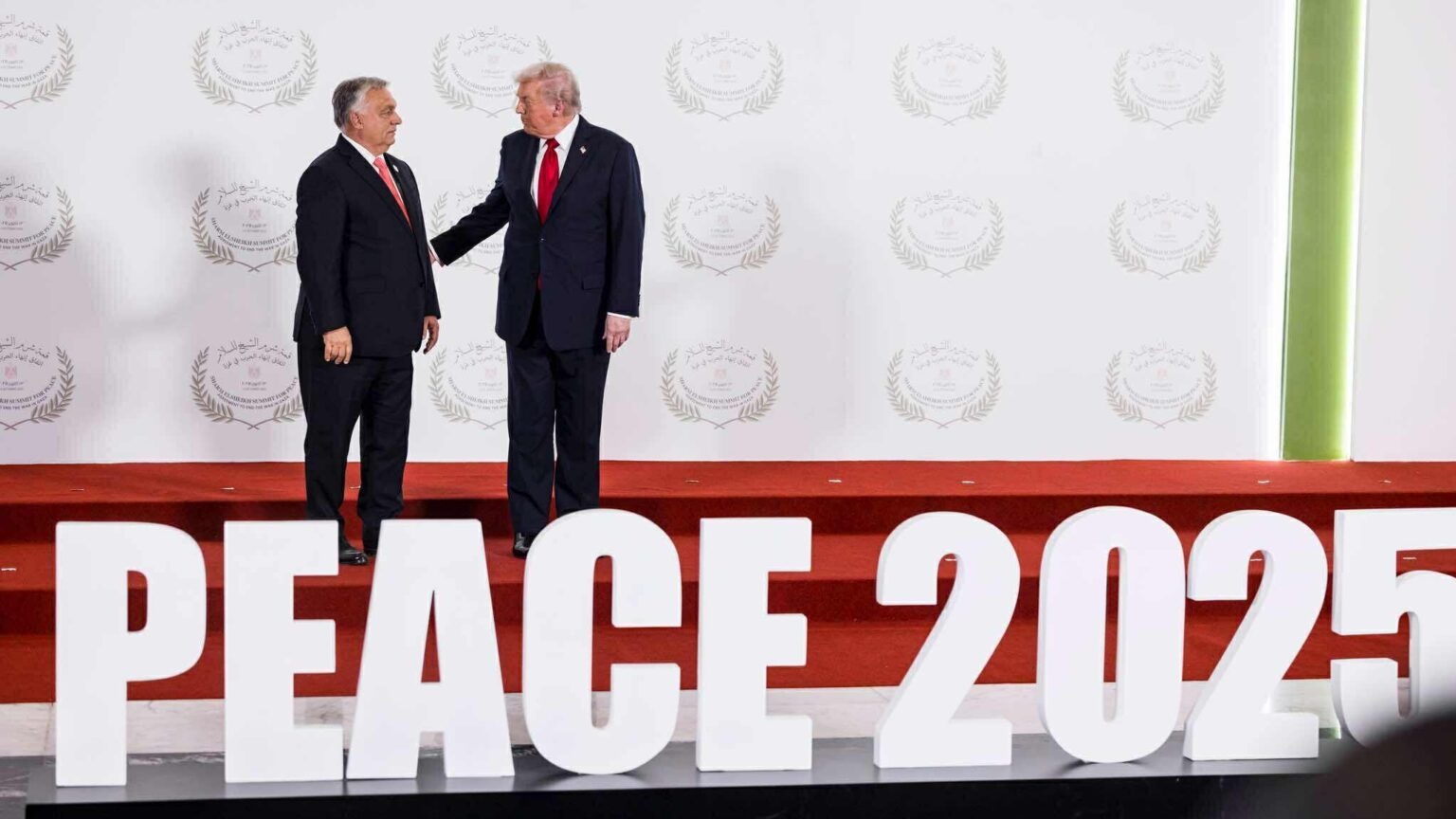
Hungarian Prime Minister Viktor Orbán is set to meet US President Donald Trump in Washington next week, amid debates over new US sanctions on Russian oil. The visit follows Italian newspaper La Repubblica’s claim that Orbán called Trump’s decision a ‘mistake’—a claim disproven after the full recording was released, showing he made no such criticism and spoke only about Hungary’s energy needs.
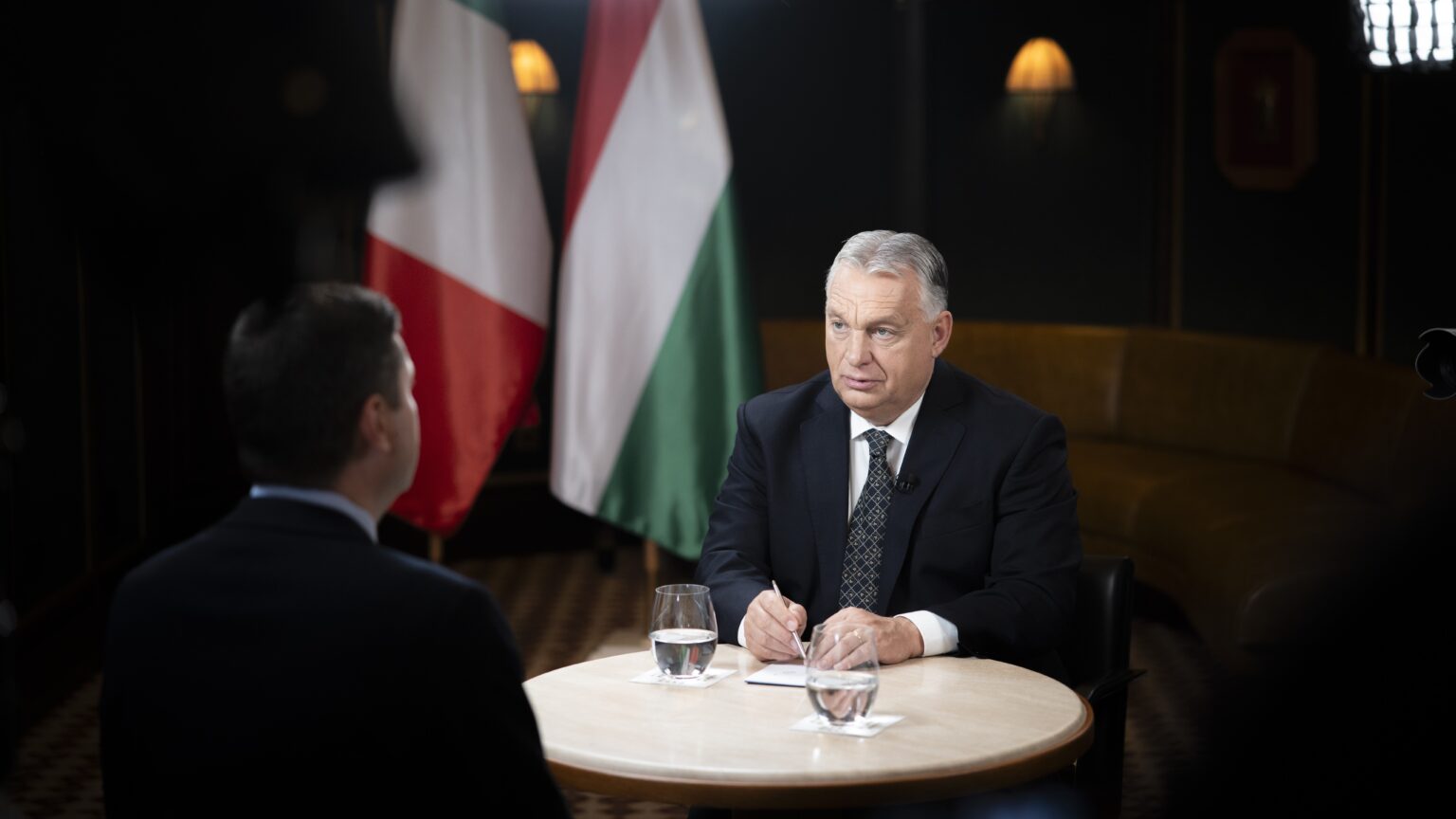
Prime Minister Viktor Orbán said he expects the number of voices opposing the war to grow daily, stressing that most of humanity supports peace, even if Western political narratives suggest otherwise.

It frequently turns out FT’s reporting is questionable at best, complete nonsense at worst. Practically fanfiction, even.
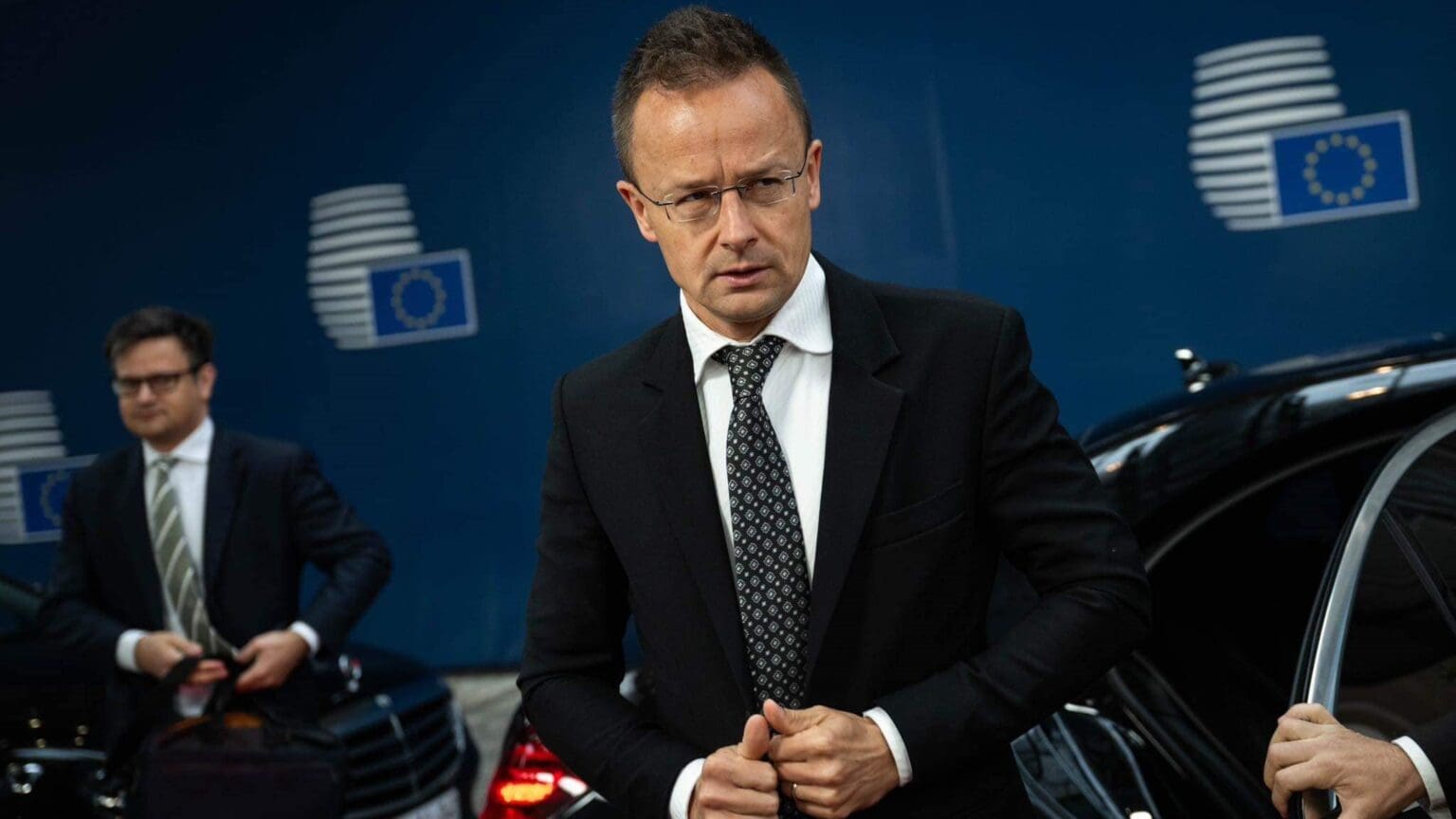
Hungarian FM Péter Szijjártó said new US sanctions on Russia’s energy sector have not yet impacted Hungary and stressed that Prime Minister Viktor Orbán of Hungary may discuss the issue with President Trump next week. He praised Trump’s role in past and current peace efforts, claiming that he brings hope for resolving crises in Ukraine and the Middle East.

‘Social Democrats TD Gary Gannon insisted “wealthy, privileged” people were responsible for the protest campaign, despite polling data indicating a disproportionate number of spoiled votes being cast in disadvantaged areas.’
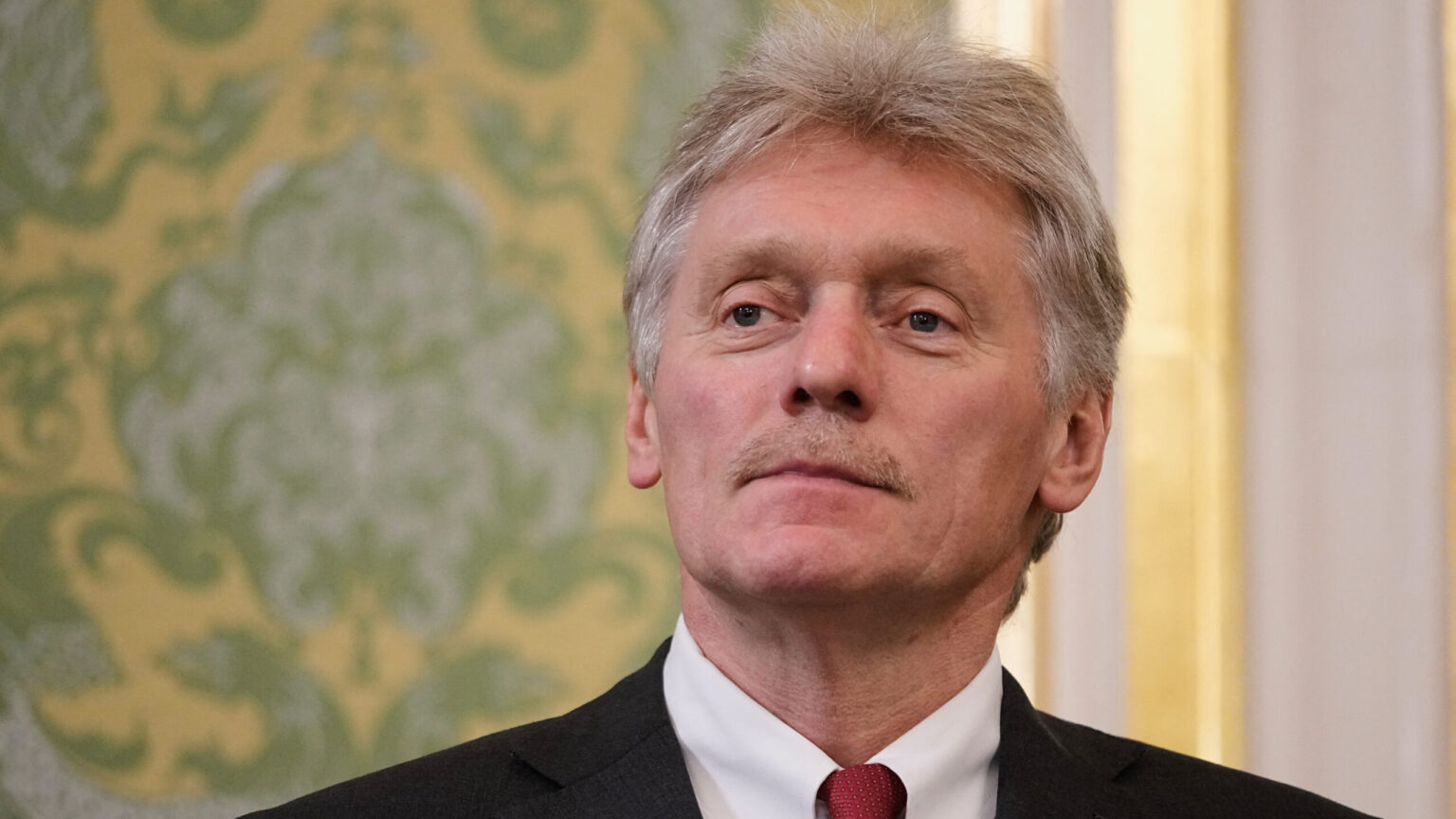
The Kremlin has indicated that plans for a Trump–Putin peace summit in Budapest remain on track, even after Washington sanctioned Rosneft and Lukoil. Putin’s envoy Kirill Dmitriev said the sides are ‘quite close’ to a deal on Ukraine, welcoming Ukrainian President Zelenskyy’s recent shift toward accepting a ceasefire along current frontlines.
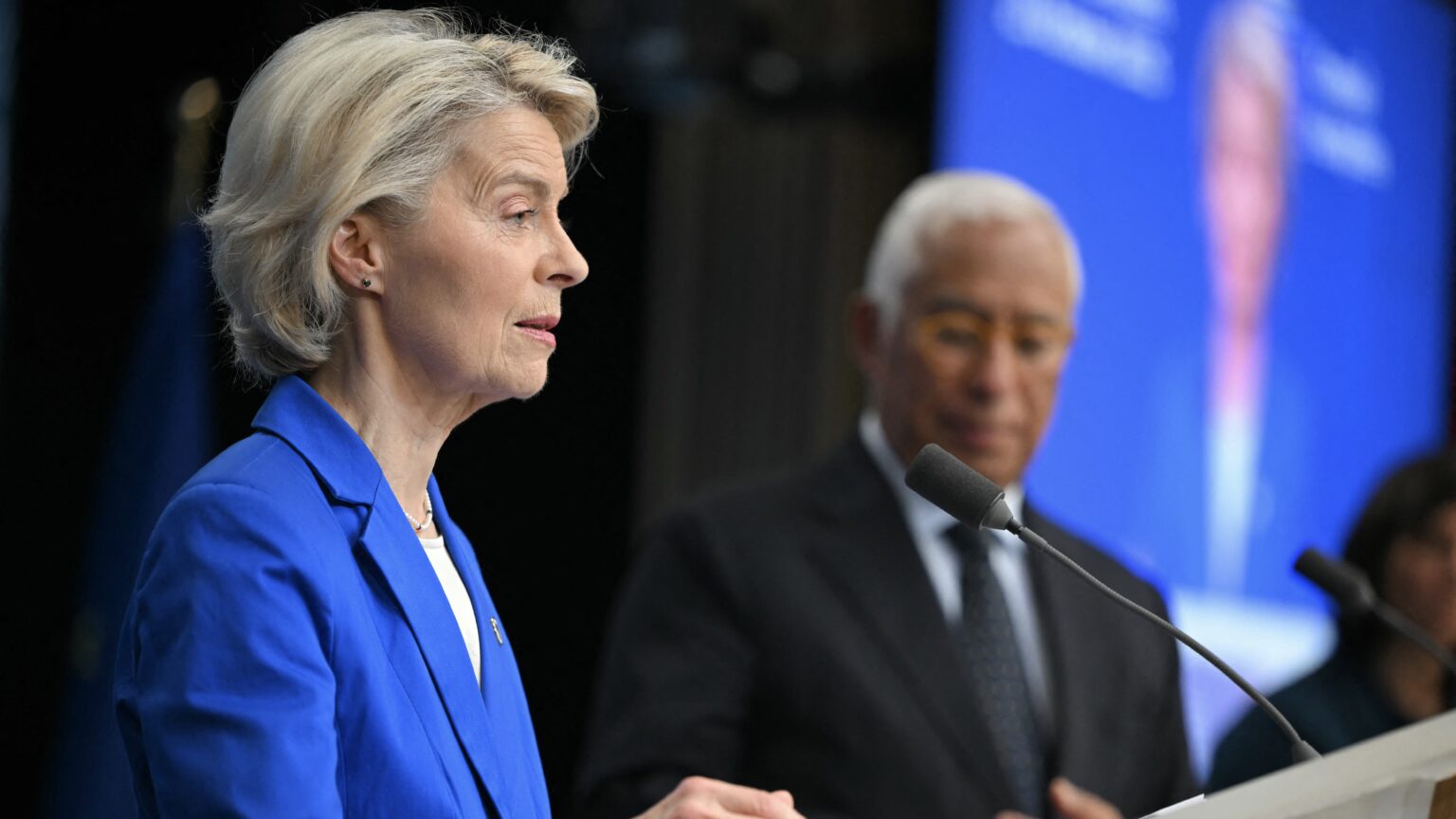
‘Belgium, where most of these Russian assets are held (by the Belgian financial institution, Euroclear), is strongly resisting the European Commission’s push to use them. It fears not only repercussions from Russia, but also the capital markets losing trust, which could have long-term consequences on third countries’ willingness to invest and keep their assets in Belgium, or in Europe, indeed.’

Miami Heat guard Terry Rozier has been accused of match-fixing, while Portland Trail Blazers coach Chauncey Billups faces charges for participating in an illegal, rigged poker game. The scandal revealed two hard truths: even the multi-million-dollar salaries of the NBA are not sufficient safeguards against illegal gambling, and New York’s five ‘traditional’ La Cosa Nostra families remain active.

A previously virtually unknown Hungarian YouTuber’s spontaneous interview with Prime Minister Viktor Orbán’s mother during the Peace March has received widespread attention online. Erzsébet Sipos’s open and humorous comments struck a chord with viewers, with some political observers noting that the video may have a favourable impact on Fidesz’s image.

Hungary’s government has announced a new housing support programme for public sector workers, offering them an annual subsidy of 1 million forints to help with home ownership or loan repayments, starting from 1 January 2026.
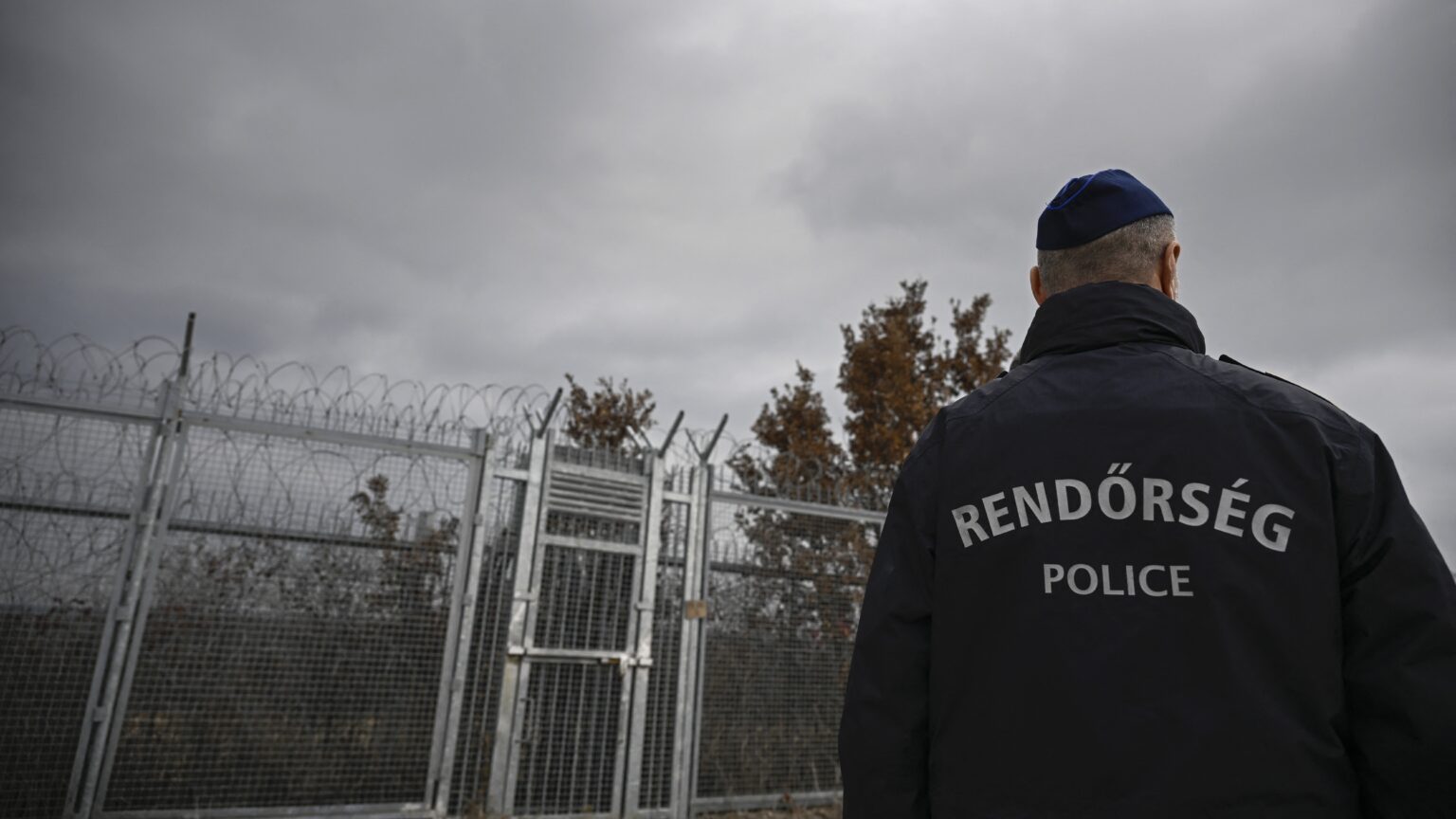
Migration pressure on Hungary’s borders is increasing, with authorities detaining 11,400 illegal border crossers this year—up from 9,300 a year ago—according to Prime Ministerial Chief Security Advisor György Bakondi.

The Hungary Helps Programme has achieved tangible humanitarian results in Chad, with Hungarian experts training local doctors and conducting life-saving medical missions as part of efforts to support refugees and strengthen local resilience.
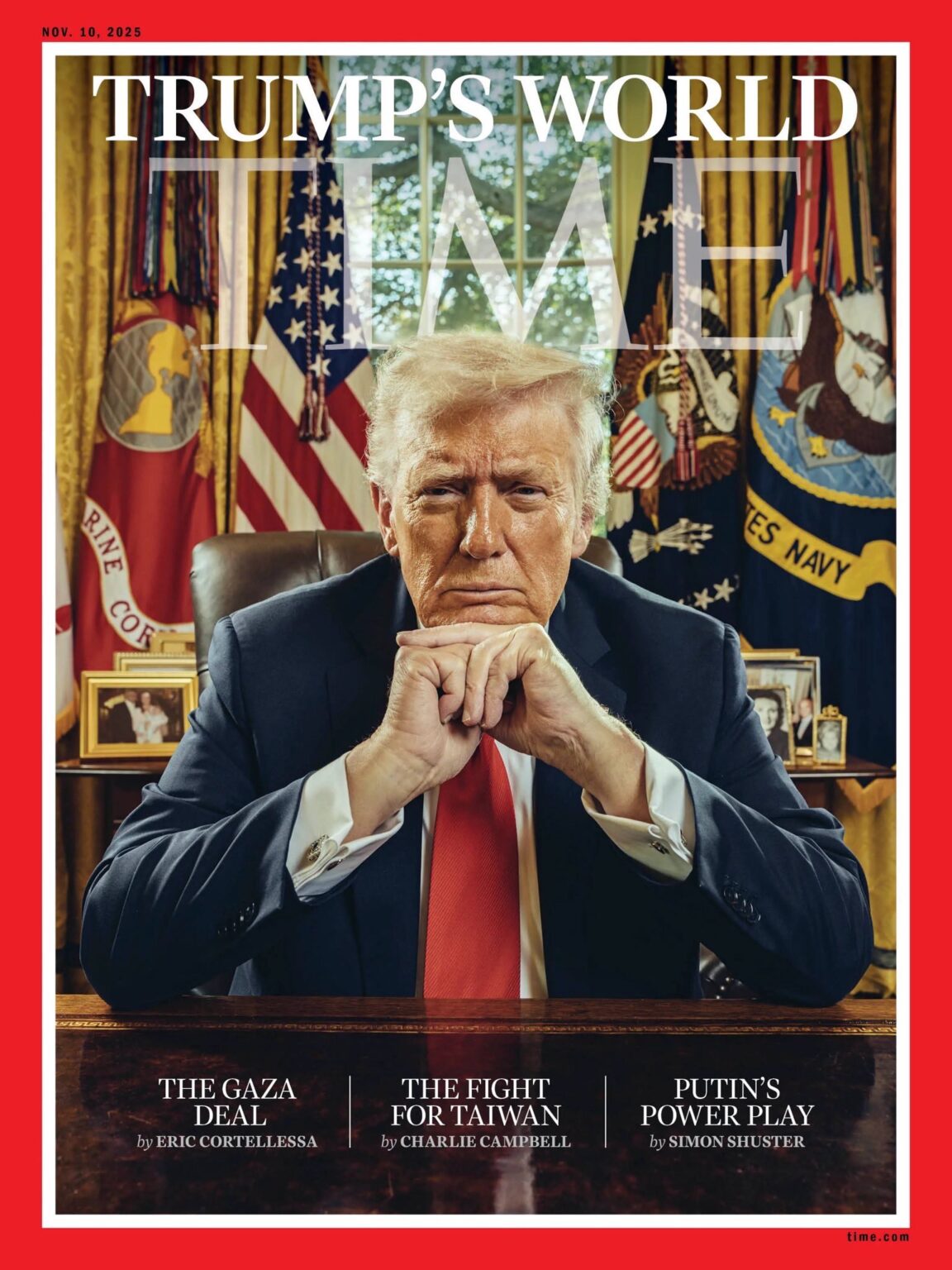
The Daily Beast has reached new depths of Trump Derangement Syndrome, alleging that Donald Trump’s latest TIME magazine cover was inspired by a 1963 Newsweek portrait of Nazi industrialist Alfred Krupp—based solely on an Instagram ‘like’ by the photographer. TIME has dismissed the claim as ‘completely untrue’ and ‘reckless’.

‘Politico claims herds of antelopes and zebras are hidden away in the back garden of his countryside residence.’

Ferencváros edged Red Bull Salzburg 3–2 in a dramatic Europa League win on the anniversary of Hungary’s 1956 Revolution. Barnabás Varga, Kristoffer Zachariassen, and Bamidele Yusuf scored as Fradi held firm despite Salzburg’s late fightback to stay unbeaten in the league phase. Some controversy led up to the game: Austrian authorities did not let the Fradi fans’ charter train through at the border for unclear reasons.
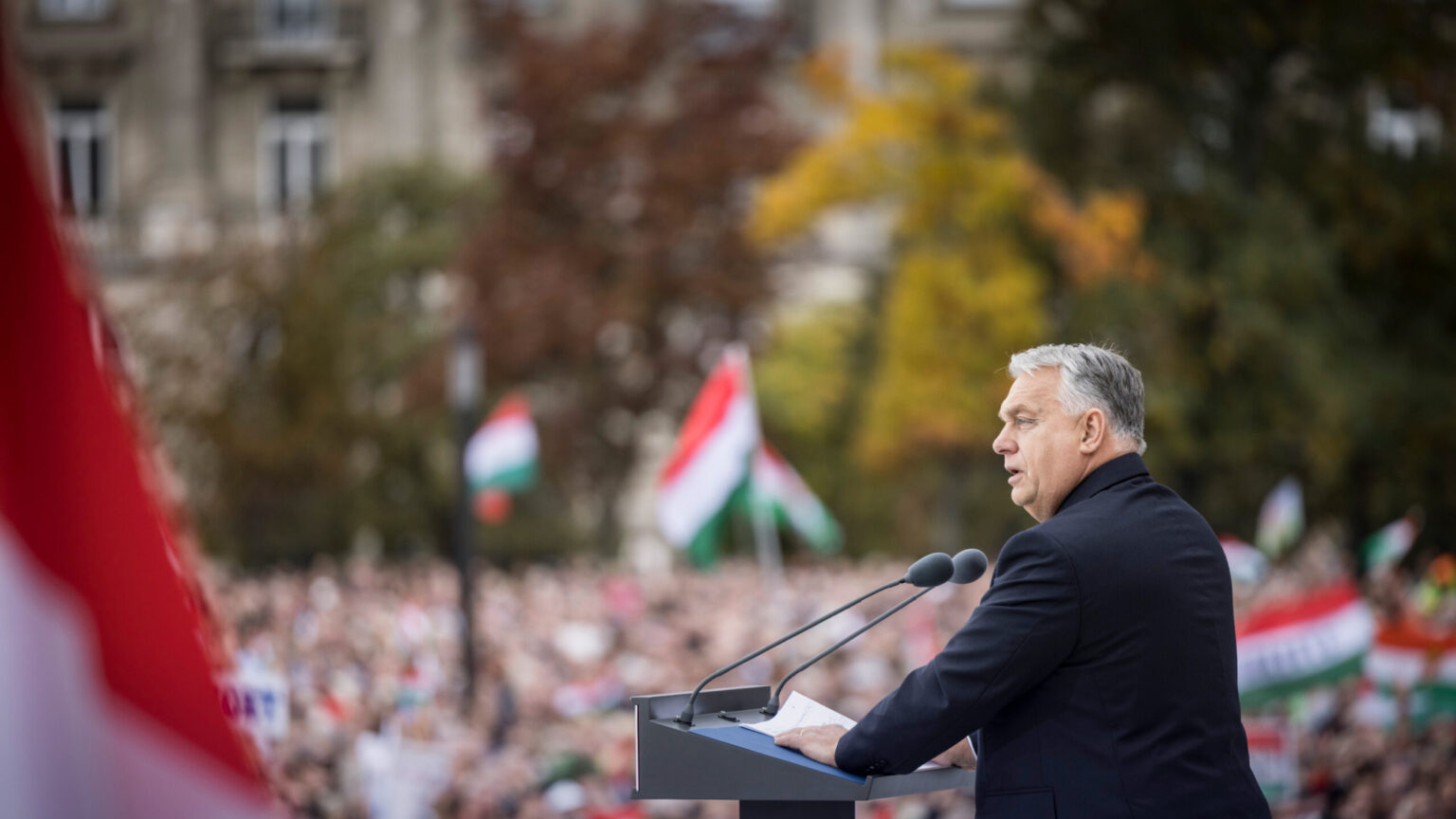
Hungarian Prime Minister Viktor Orbán marked the 1956 Revolution anniversary with a defiant speech in Budapest, vowing that Hungary ‘will not die for Ukraine, but will live for Hungary.’ Addressing tens of thousands, he accused Brussels of ‘dragging Europe into war’ and declared that ‘Budapest will be the capital of European peace.’
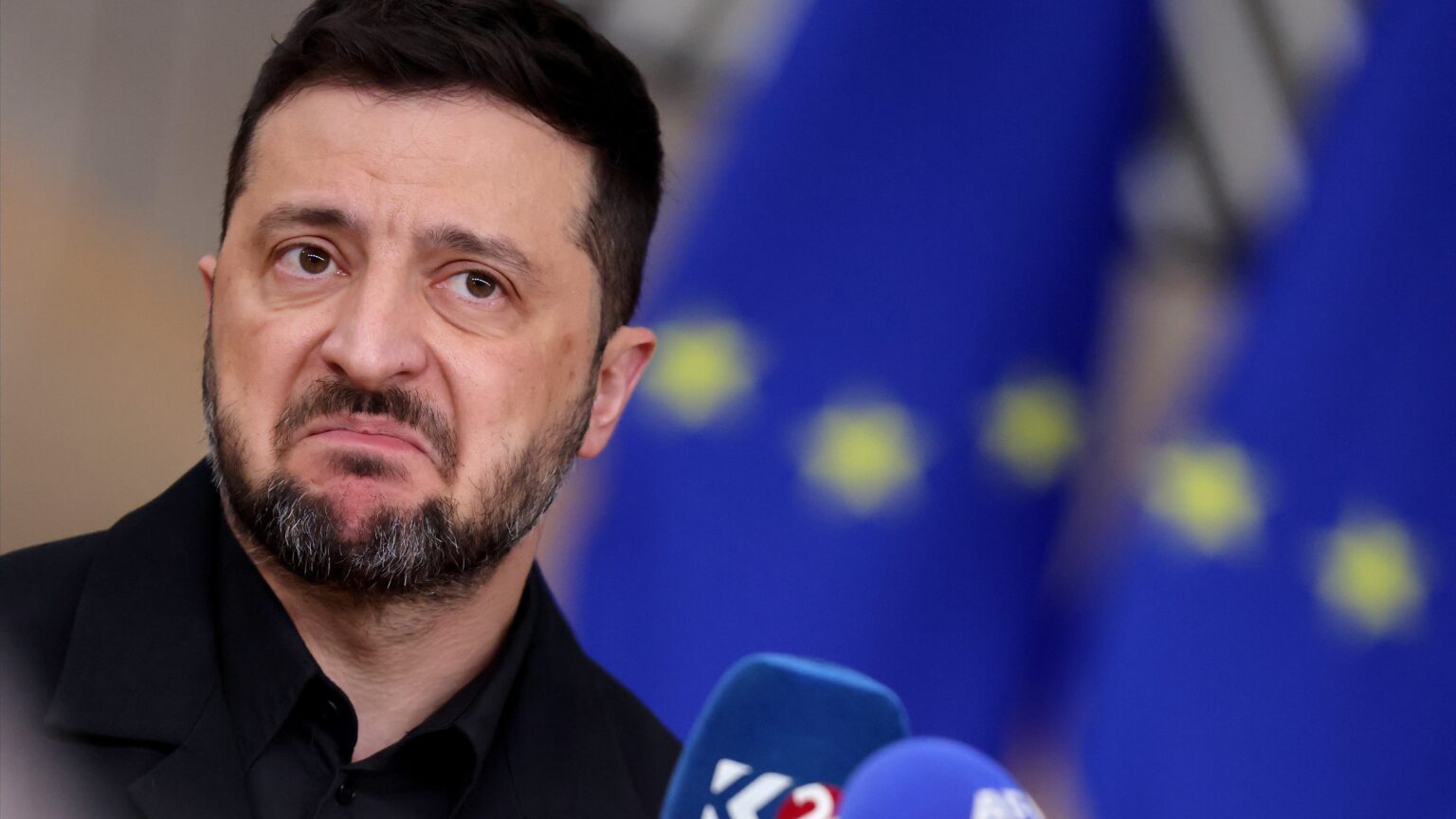
A ceasefire in Ukraine is possible only through intensified pressure on Russia, President Volodymyr Zelenskyy said at the EU summit in Brussels, calling for tougher sanctions, advanced air defense systems, and continued financial aid.
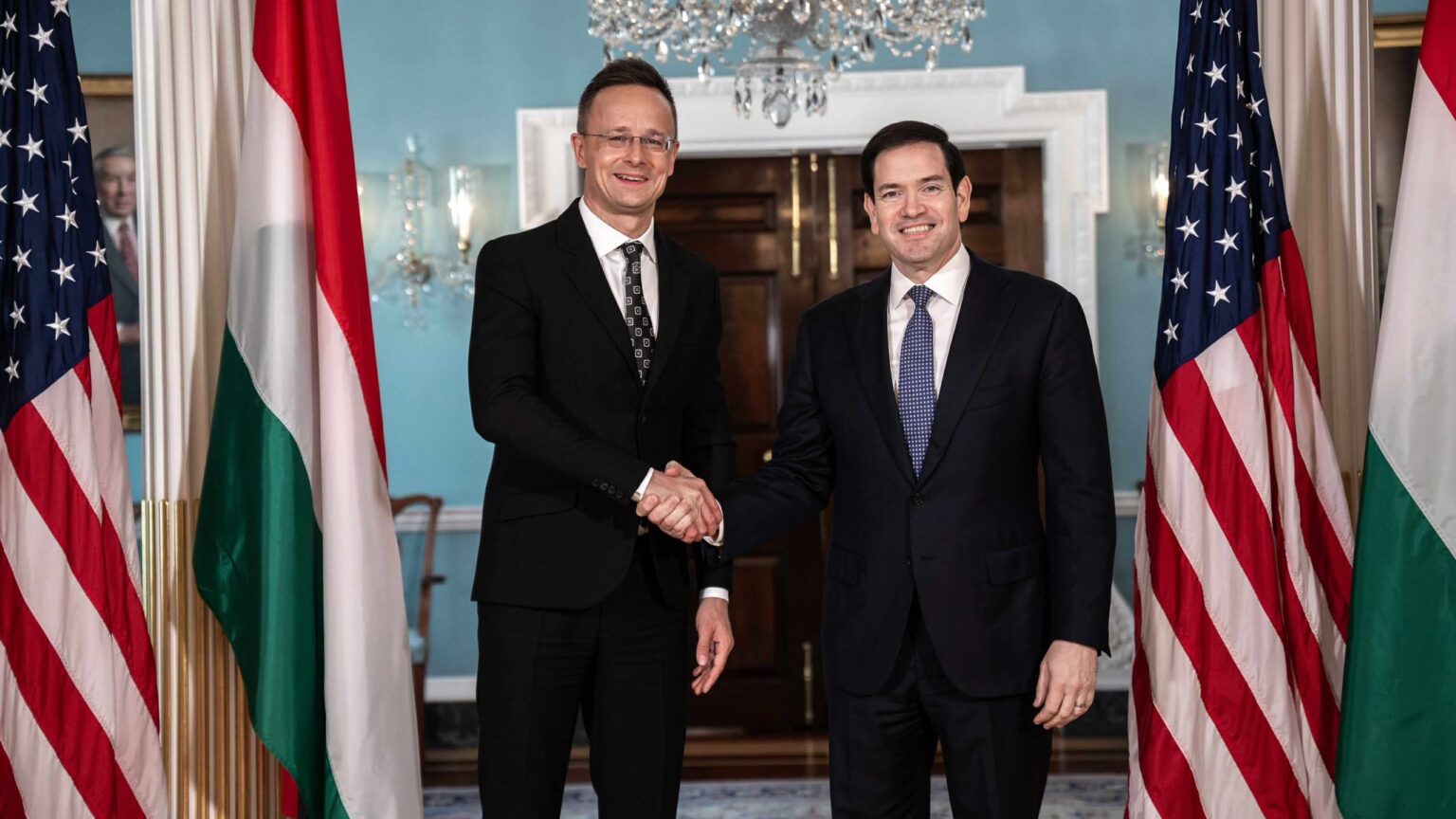
Hungarian Foreign Minister Péter Szijjártó met US Secretary of State Marco Rubio in Washington, DC, on Wednesday to discuss preparations for the planned Trump–Putin peace summit in Budapest. Despite reports of a cancellation, Szijjártó said the US ‘has not given up’ on the summit, stressing that the question is one of timing, not intention.

Hungary will send another astronaut, Gyula Cserényi, to the International Space Station, continuing its HUNOR programme with Axiom Space. The new mission will make Hungary one of just a dozen nations worldwide to have sent three astronauts to orbit, placing it alongside Australia and Saudi Arabia in the global space ranking.